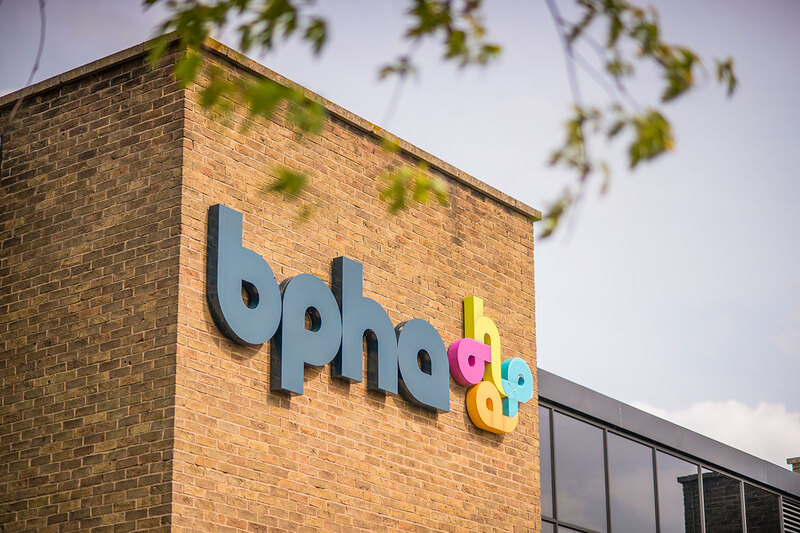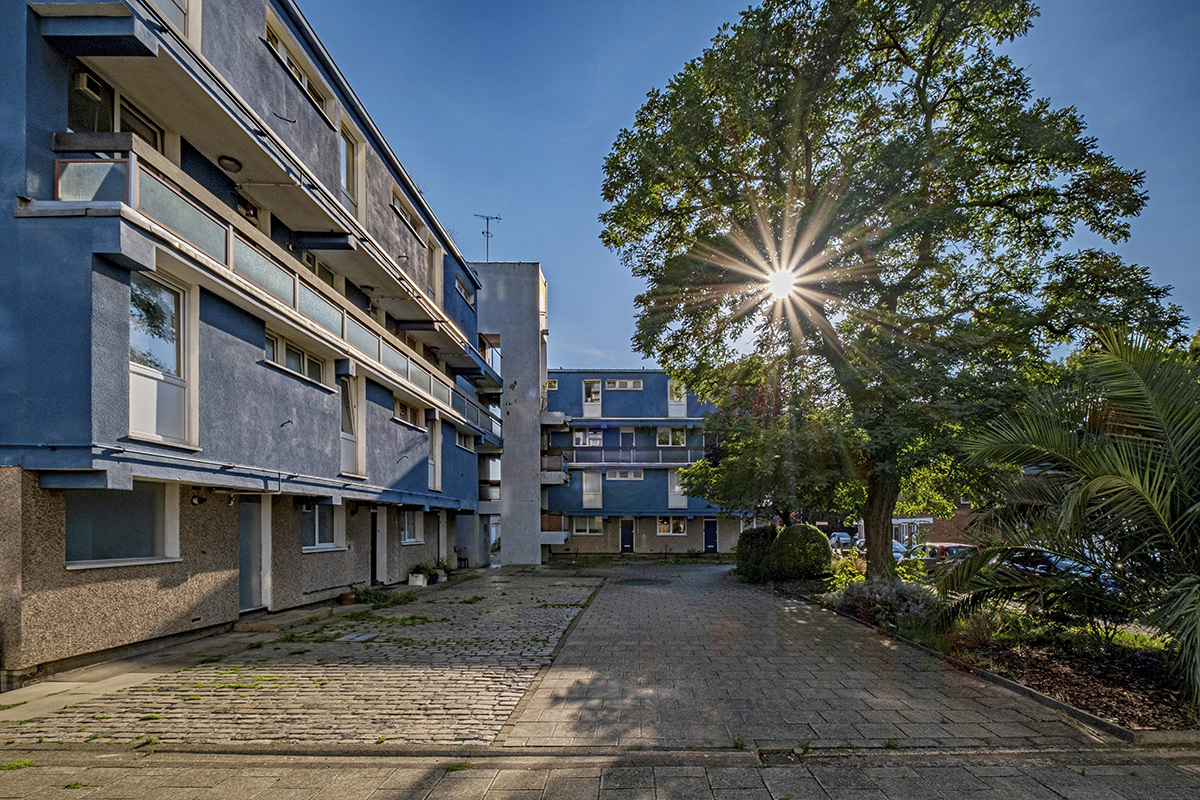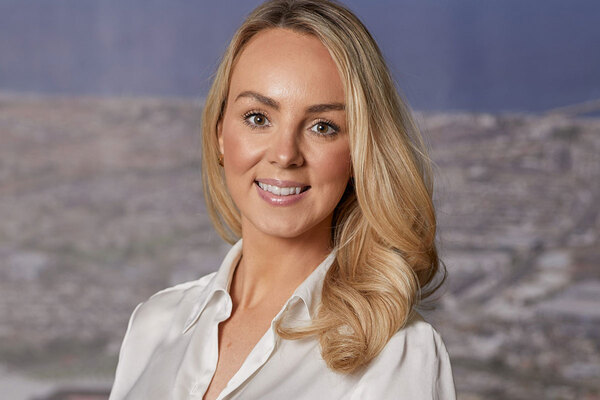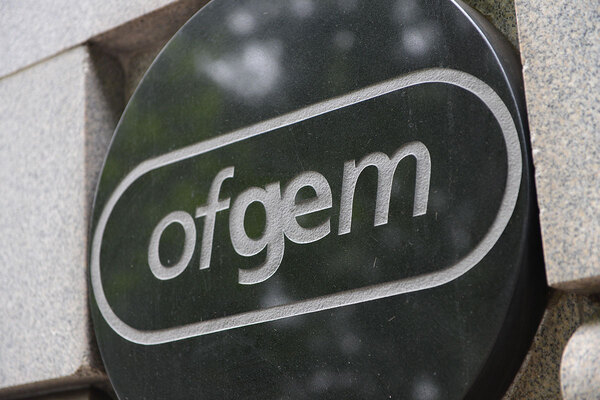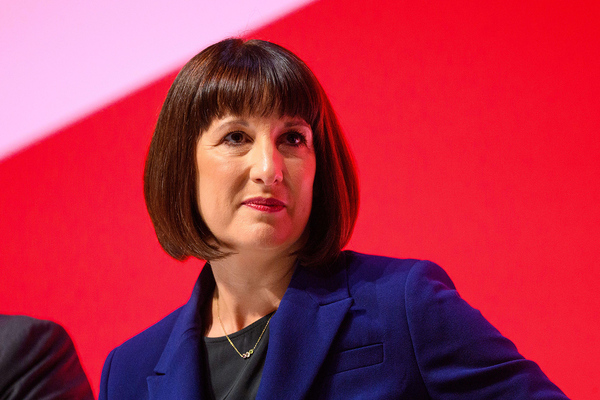You are viewing 1 of your 1 free articles
Large landlord’s pre-tax surplus halves after drop-off in shared ownership sales
Large housing association BPHA’s pre-tax surplus has fallen by 58% after a “significant reduction” in shared ownership sales last year.
According to its newly published accounts for the year to March 2023, the 20,000-home landlord’s pre-tax surplus slipped to £16.5m, down from £40m in 2022.
The group’s turnover also fell from £171m to £153m as a result of a lower of number of sales (103) for first tranche shared ownership homes.
BPHA, which operates in the Oxford-Cambridge arc, said this was partly a correction from an “exceptional” year for shared ownership sales in 2022, when it sold 205.
While BPHA’s turnover in development and sales reduced from £59m to £35.7m, the association’s overall operating margin remained strong at 36.2%, slightly up on last year’s figure of 34.7%.
Its core operating turnover from social housing lettings increased by £5.3m due to a combination of a rent rise and the addition of new properties into the portfolio.
Meanwhile repairs and maintenance spend of £38.8m was £3.5m higher than last year due to the implementation of its new in-house maintenance service, and inflationary pressures.
Last financial year, the association added 223 homes to its portfolio, compared to 307 in 2022. It said development had been hit by a disrupted labour market and supply chain challenges, including contractor insolvencies.
Development highlights included the completing the regeneration of Ashburnham Court in Bedford, a 1950s high-rise block and the first to be completed in the association’s high-rise building regeneration programme.
The landlord has also started work on the regeneration of a second tower block, Bury Court, and has exchanged contracts for a third set of blocks in Brickhill.
BPHA’s net debt has increased during the year by £30.8m, driven by a combination of a £21.7m decrease in cash holding and an increase of £9.1m in borrowing. Its gearing metric was 64%.
In an introduction to the financial statement, board chair Dr Paul Leinster said that BPHA customers have experienced “severe financial pressures” and that it recognised the 7% rent increase imposed in April was “unwelcome”.
“Reluctantly, the board considered it necessary, to enable us to maintain properties to the appropriate standard. This includes investing to meet new regulatory requirements, such as those on fire safety and energy efficiency.”
Julian Pearce, CFO at BPHA said: “I am delighted with the strong performance for the year which saw bpha’s credit rating remain A+(Stable) and V1, the highest financial viability rating.
"Whilst the economic and operating environment remains challenging, bpha remained committed to achieving its strategic objectives. Our focus remained on making sure customers felt safe, comfortable and secure in decent homes, with reliable services, delivered with care."
Richard Hill, BPHA’s new chief executive, joined the association in May this year following the retirement of its former boss, Kevin Bolt.
The landlord was recently in talks with Flagship Homes and Futures Housing Group over the possibility of a three-way merger but the plans were abandoned following “significant changes” in the financial markets and the economy.
Sign up for our development and finance newsletter
Already have an account? Click here to manage your newsletters
